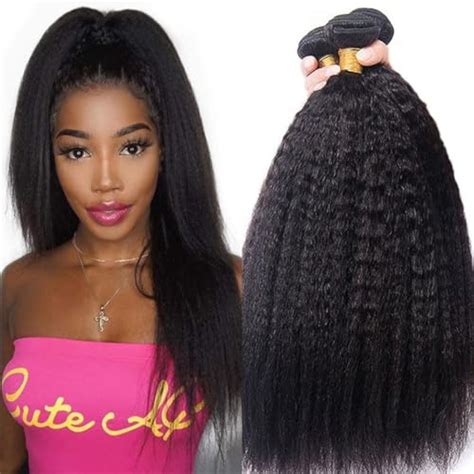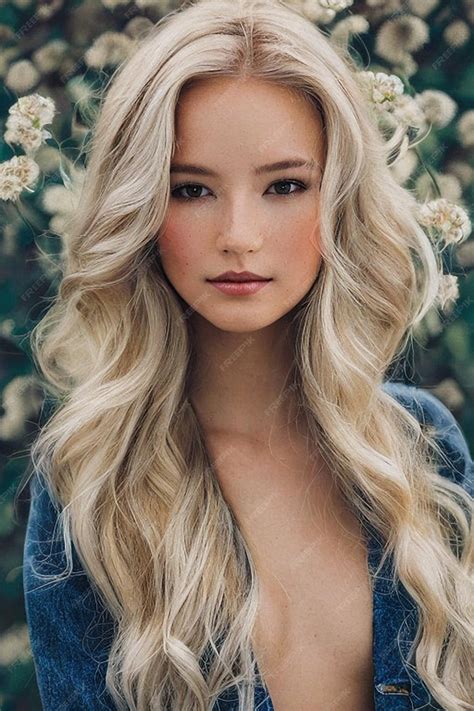Introduction
Your hair color is a defining feature of your appearance, capable of transforming your look and enhancing your natural beauty. Whether you’re considering a subtle refresh or a bold makeover, choosing the right hue is crucial. In this article, we’ll delve into the intricacies of hair color, providing expert insights and tips to help you find the perfect shade for your complexion, skin undertones, and personal style.

Factors to Consider When Choosing Hair Color
Skin Tone
The first step in selecting a hair color is determining your skin tone. There are three main skin tone categories:
- Warm Skin Tone: Characterized by yellow, golden, or peachy undertones.
- Cool Skin Tone: Features pink, blue, or red undertones.
- Neutral Skin Tone: A combination of both warm and cool undertones.
To determine your skin tone, observe the veins on your wrist under natural light. If they appear green, you likely have a warm skin tone. If they appear blue or purple, you have a cool skin tone. If you can’t clearly identify a dominant color, you have a neutral skin tone.
Best Hair Color for Specific Skin Tones
Warm Skin Tone:
- Blonde: Golden honey, caramel, and strawberry blonde
- Brown: Warm chocolate, chestnut, and cinnamon
- Red: Copper, auburn, and mahogany
Cool Skin Tone:
- Blonde: Ashy blonde, platinum, and icy white
- Brown: Dark brown, espresso, and chocolate brown
- Red: Burgundy, deep red, and cherry red
Neutral Skin Tone:
- Blonde: Any shade of blonde, from pale yellow to warm golden
- Brown: Any shade of brown, from light chestnut to dark chocolate
- Red: Any shade of red, from subtle copper to bold cherry
Eye Color
Your eye color can also influence hair color selection. As a general rule of thumb:
- Blue Eyes: Complementary colors like copper, strawberry blonde, or golden brown
- Green Eyes: Earthy hues such as chestnut, auburn, or deep brown
- Hazel Eyes: Warm and cool tones like honey blonde, caramel brown, or auburn
- Brown Eyes: Virtually any hair color can enhance brown eyes, but consider rich browns, dark reds, or soft blondes
Personal Style and Lifestyle
Beyond skin tone and eye color, your personal style and lifestyle should also factor into your hair color decision. If you prefer a natural, low-maintenance look, stick to shades that are close to your natural color. If you’re more adventurous, experiment with bolder hues or highlights.
Additionally, consider your lifestyle and hair care routine. If you wash your hair frequently or use heat styling tools, opt for a color that is less likely to fade or damage your hair. If you’re low-maintenance, choose a color that requires minimal touch-ups.
Common Mistakes to Avoid
- Over-Bleaching: Excessive bleaching can weaken your hair and cause breakage.
- Choosing a Shade That’s Too Dark: A hair color that is too dark can appear unnatural and wash out your complexion.
- Matching Your Hair Color to Your Clothes: Your hair color should complement your outfit, but it shouldn’t match it exactly.
- Ignoring Your Skin Undertones: Choosing a hair color that doesn’t complement your skin undertones can make you look washed out or unhealthy.
- DIY Hair Coloring: Unless you have professional experience, it’s always best to leave hair coloring to the experts.
Why Hair Color Matters
Choosing the right hair color can:
- Enhance your facial features and draw attention to your eyes
- Reveal your skin’s natural radiance
- Boost your confidence and make you feel more beautiful
- Express your personal style and make a statement
- Give you a fresh, rejuvenated look
Benefits of Professional Hair Coloring
- Precise Application: Professionals ensure even color distribution, avoiding streaks or blotches.
- Damage Prevention: Skilled stylists use high-quality products and techniques that minimize hair damage.
- Customized Options: Professionals can create custom hair colors that are tailored to your specific needs and preferences.
- Aftercare Advice: Professionals provide expert advice on how to maintain your hair color and protect your hair from damage.
- Long-Lasting Results: Professional hair coloring is typically longer-lasting than at-home treatments.
Table 1: Hair Color Suggestions Based on Skin Tone
| Skin Tone | Warm Hair Color Options | Cool Hair Color Options | Neutral Hair Color Options |
|---|---|---|---|
| Warm | Golden blonde, caramel brown, copper red | Ashy blonde, platinum blonde, deep red | Any blonde, brown, or red shade |
| Cool | Icy white blonde, chocolate brown, burgundy red | Ashy brown, espresso brown, cherry red | Any blonde, brown, or red shade |
| Neutral | Honey blonde, chestnut brown, auburn red | Any blonde, brown, or red shade | Any blonde, brown, or red shade |
Table 2: Hair Color Suggestions Based on Eye Color
| Eye Color | Complementary Hair Color Options |
|---|---|
| Blue | Copper, strawberry blonde, golden brown |
| Green | Chestnut, auburn, deep brown |
| Hazel | Honey blonde, caramel brown, auburn |
| Brown | Any hair color |
Table 3: Hair Color Dos and Don’ts
| Do | Don’t |
|---|---|
| Consider your skin tone, eye color, and personal style | Choose a shade that is too dark or light for your complexion |
| Consult with a professional hairstylist | Use low-quality or outdated hair products |
| Use color-protecting shampoo and conditioner | Over-bleach your hair |
| Touch up your roots regularly | Color your hair at home without proper experience |
| Get regular trims to remove split ends | Neglect your hair’s health after coloring |
Table 4: Hair Color Maintenance Tips
| Tip | Benefit |
|---|---|
| Wash your hair less frequently | Preserves hair color and reduces fading |
| Use lukewarm water when washing | Prevents color bleeding |
| Apply color-protecting conditioner after shampooing | Protects hair from damage and fading |
| Use a wide-tooth comb | Prevents breakage and tangles |
| Trim split ends regularly | Removes damaged hair and keeps hair healthy |
Conclusion
Choosing the best hair color for women is an art that takes into account a multitude of factors. By carefully considering your skin tone, eye color, personal style, and lifestyle, you can find a shade that complements your natural beauty and expresses your unique personality. Remember to consult with a professional hair stylist for expert advice and precise application. With the right hair color, you can transform your appearance, boost your confidence, and embrace your true beauty.
